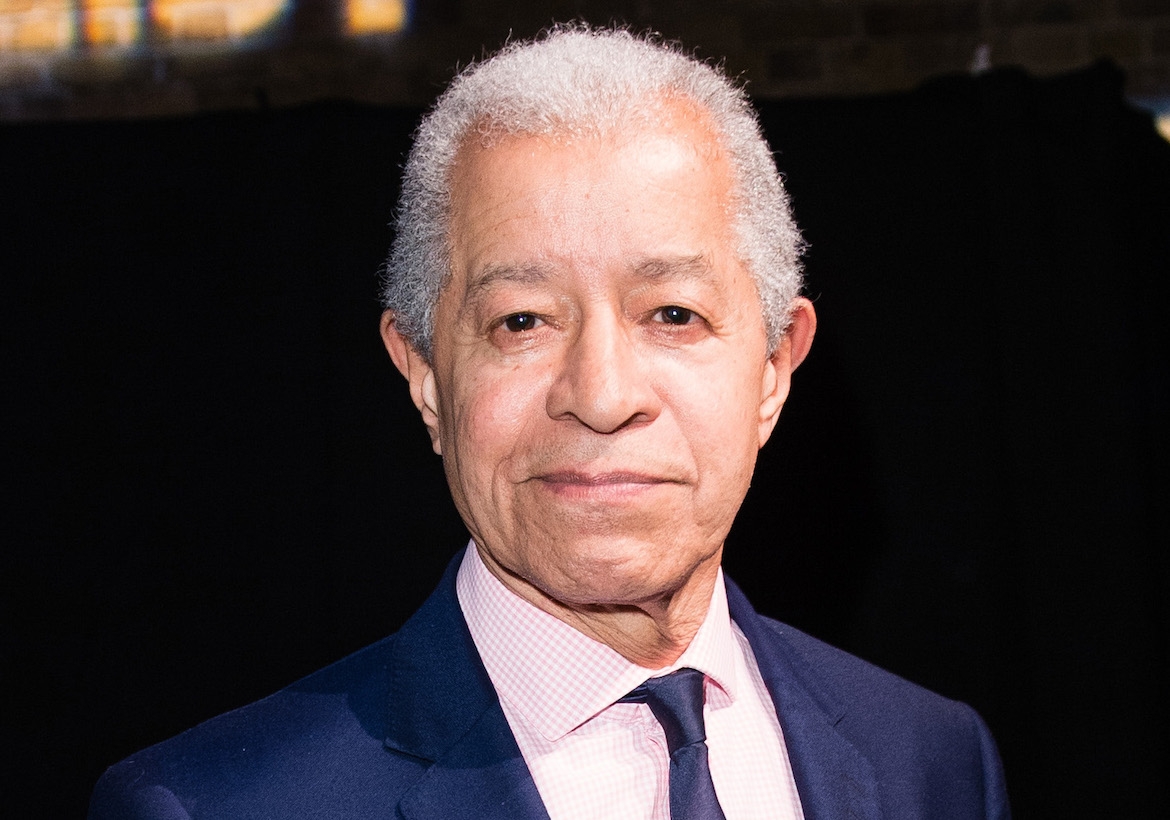By the time Lord Ouseley founded Kick It Out in 1993, he had already broken a series of glass ceilings.
He was the first black chief executive of a major unitary body when he ran the Inner London Education Authority in the 1980s, and in 1993, he was appointed executive chairman of the Commission for Racial Equality.
That year, the CRE launched its Let’s Kick Racism Out of Football campaign, which developed into Kick It Out.
Initially set up to tackle racial abuse of top-tier players, over the past 26 years Kick It Out has widened to address all forms of discrimination, and helped to establish disabled, multi-faith and LGBTQ+ football leagues across the country.
Lord Ouseley’s experiences as a young boy who came to Britain by boat from Guyana provided the impetus for a lifetime’s work tackling racism.
In 1957, he arrived in Peckham - a “culture shock” he later recalled - and from the outset he was met with thinly-veiled racism.
He says, “At first I was unaware when insults came my way because the abusers always had a smile on their faces. It was more sinister when adults joined in.”
At school, playing football provided respite from the insults, and provided a way to integrate and make friends.
He started going to watch matches too, but in the 1960s and 70s, hooliganism was rife, and racist chanting, harassment and violence was an all too familiar experience.
He soon stopped going to games altogether, but the memories stayed with him and fuelled his passion to fight racism, no matter how difficult the task seemed.
When he first launched Let’s Kick Racism Out of Football, he was met with fervent opposition and he even received bullets in the post.
“The hardest part was right at the beginning,” he reflected.
“We had to try a whole variety of trickery to get people to come in. For instance, you’d get Manchester United to join because you told them Manchester City were doing it.”
But slowly things began to change.
Kick It Out gained FA support and became a funded organisation in 1997.
The organisation admits there is still a way to go in tackling prejudice in football, but continues to fight discrimination by providing education for professional players, clubs and fans, as well as mentoring to help under-represented groups participate in football.
Piara Powar, executive director of the Football Against Racism in Europe network said: “He’s one of the defining figures who’s been fighting for social justice in public life for a very long time. He’s been a shining light.”

